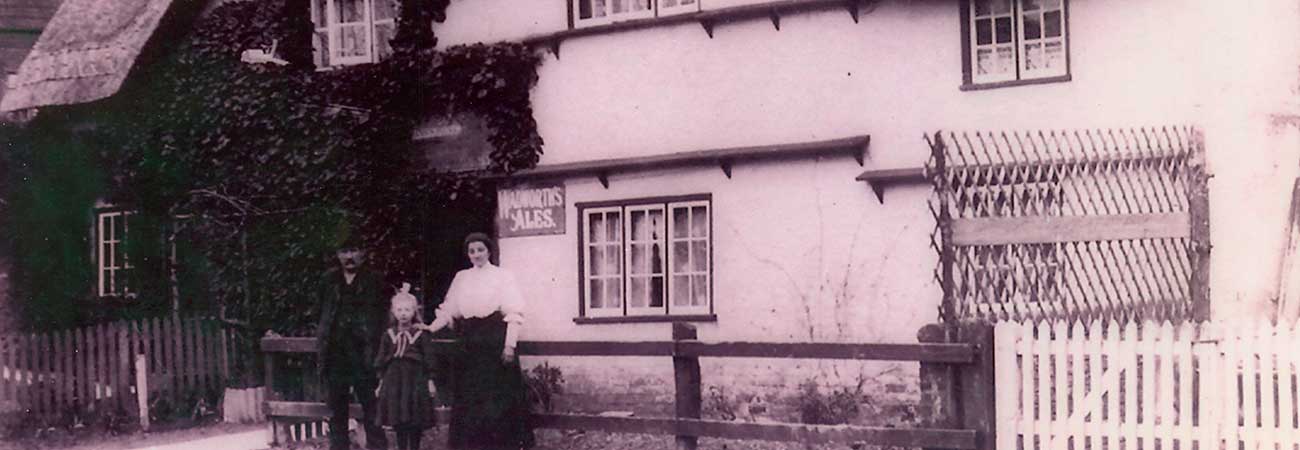

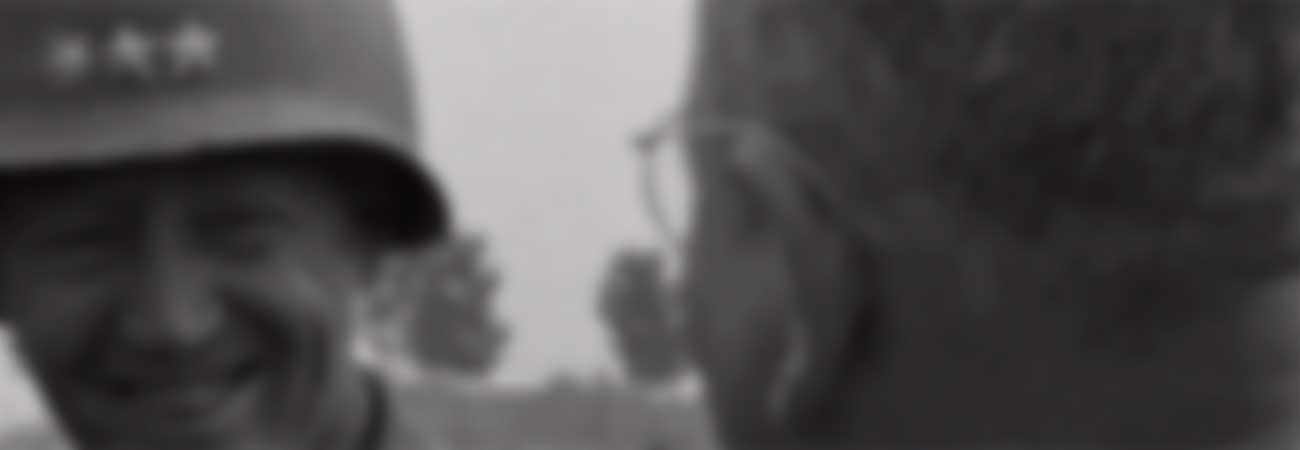
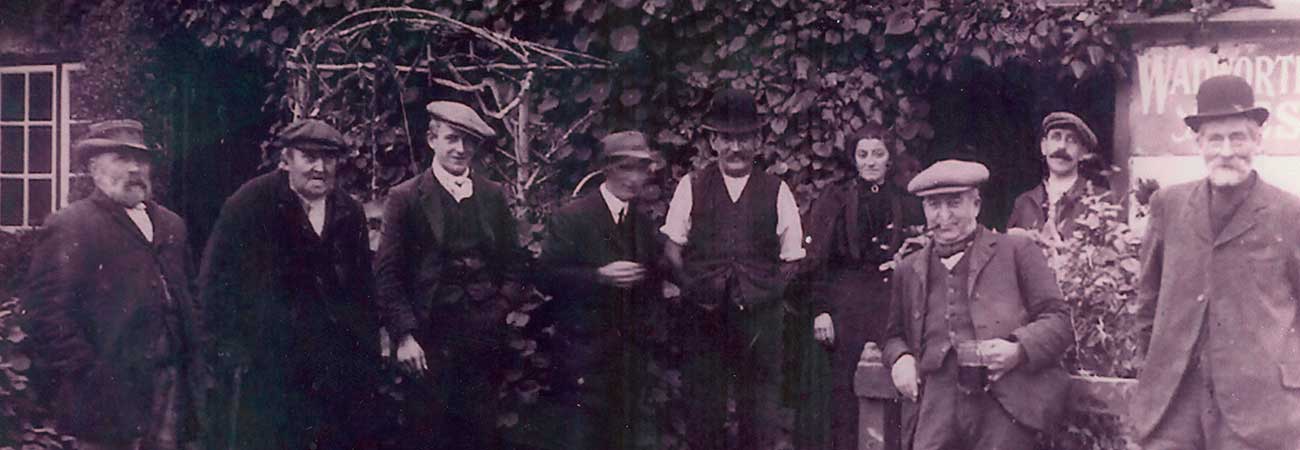



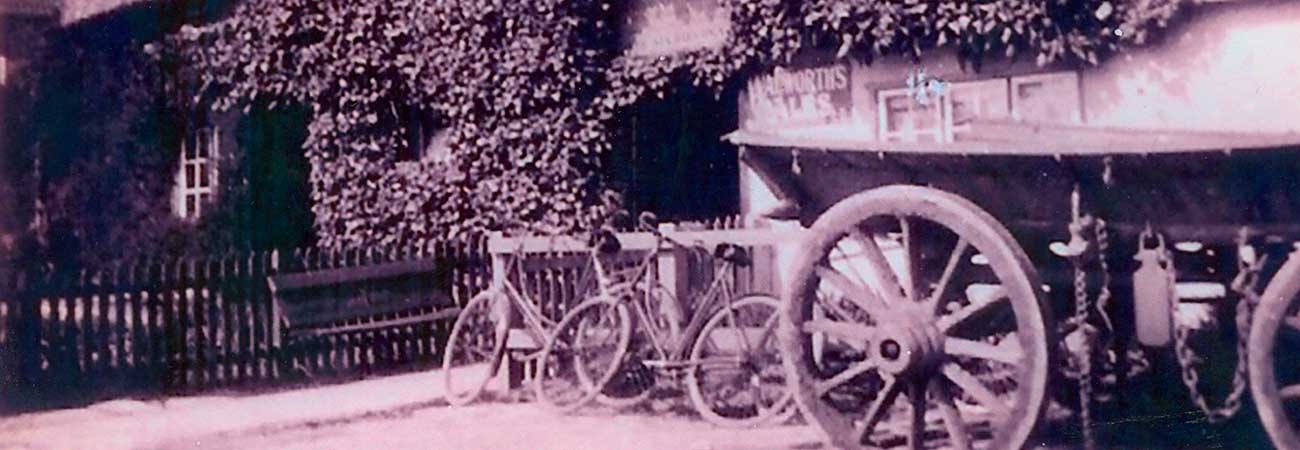

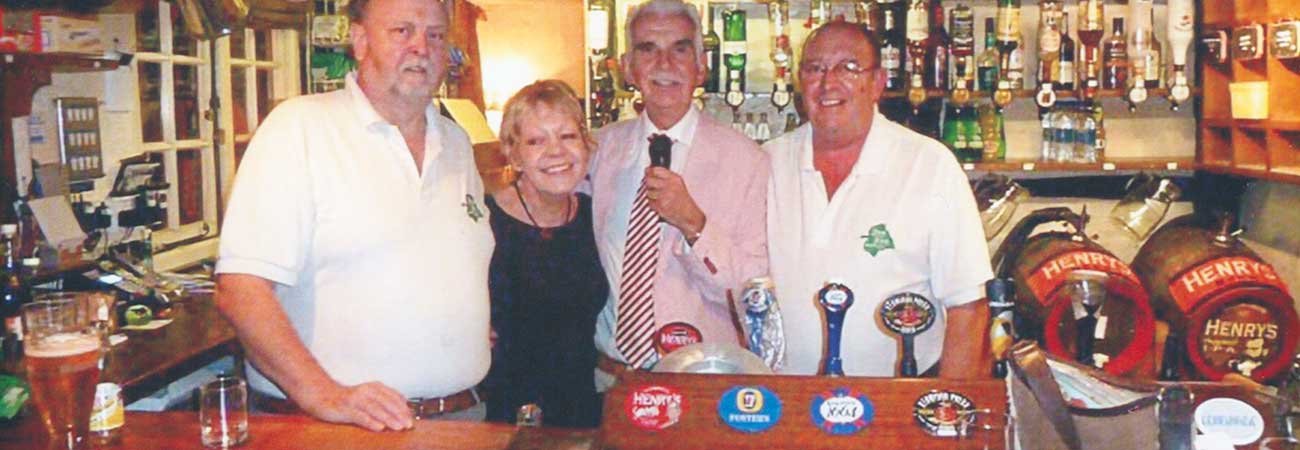

History of The Ivy
The building that is now The Ivy Inn originated as a single storey structure, with a footprint that equated to what is now its middle section, in the early 17th Century. Around the middle of that century the roof was raised to create the upper floor, the substantial fireplace and chimney were added to what was then the outside of the building, and a turret housing a spiral staircase would have been created next to the chimney to give access to the upper floor. It’s believed that at one stage the building was divided into three cottages, and in 1848 it was known to be operating as an alehouse. Additions were made to the building in the 19th and 20th centuries and it was awarded Grade II listing in 1986.
Explore below to find out interesting events in The Ivy’s history!

In the Domesday Book, Heddington was recorded as having 39 households – which placed it in the largest 20% of settlements recorded in the book! The Lord of Heddington was Edward of Salisbury.
[Credit: Professor John Palmer, George Slater and opendomesday.org]
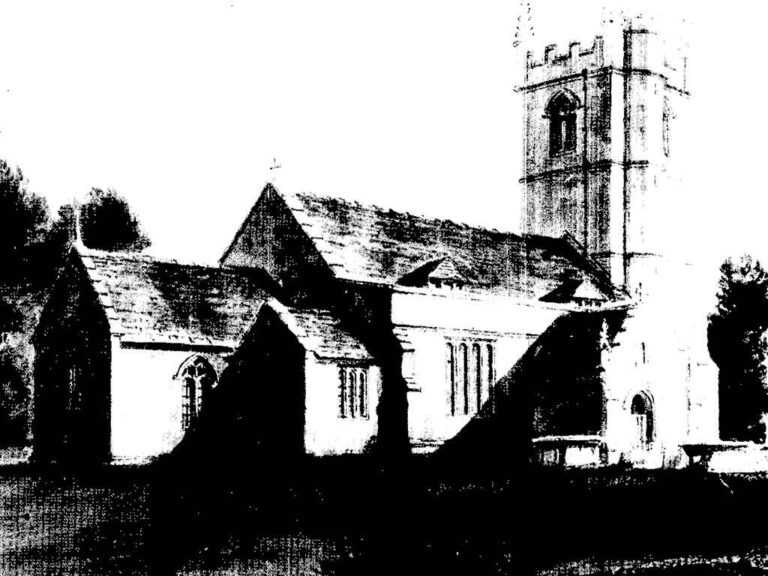
The village church was first mentioned in records in 1130 and it was administered by Lacock Abbey. The church was rebuilt in the 13th Century and modified significantly over the next two hundred years, and greatly altered in the 17th Century. It was dedicated to St Andrew in 1491, and the oldest bell in the tower dates back to 1553.
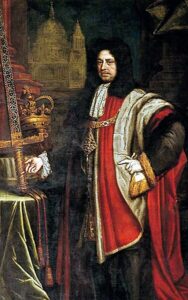
In December 1642 Francis Child of Splatts was baptised in Heddington Church. He went on to become a prominent London goldsmith, founded Child’s Bank (an antecedent of NatWest) and, after earning a knighthood, became Lord Mayor of London and revived the traditional pageant known as “The Lord Mayor’s Show”.
The Heddington history group have written a full article about Sir Francis. You can read it here: Sir Francis Child—A Heddington Famous Son
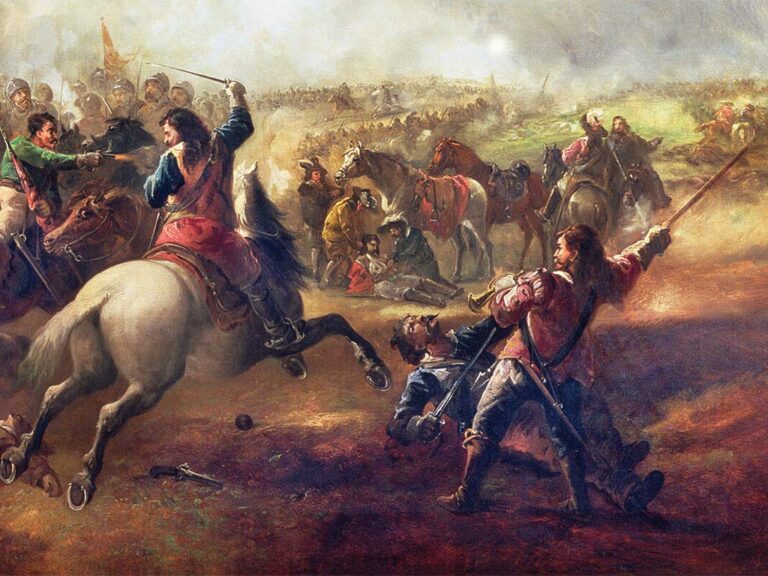
In the midst of the English Civil War, a battle was fought on Roundway Down, just outside Heddington, in July 1643.
The Roundhead forces mustered at the place now known as Oliver’s Castle (though Oliver Cromwell was never at the scene) and the Royalist forces, largely mounted, gathered together at Morgan’s Hill. Despite having greater numbers, the Roundhead forces were routed, and driven back to a gully near Oliver’s Castle which is now known as “Bloody Ditch”.
The Battle of Roundway Down is rated by some as the most comprehensive Royalist victory of the English civil war.
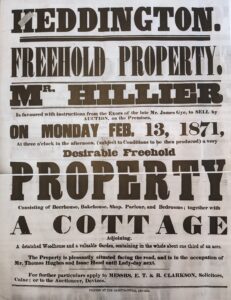
The first official mention of a brewer. James Gye, who in 1839 rented and then subsequently owned the building, died and his widow Hannah rented to Isaac Clark and Solomon Hughes (farmers) and John Banks, a brewer from Bromham.
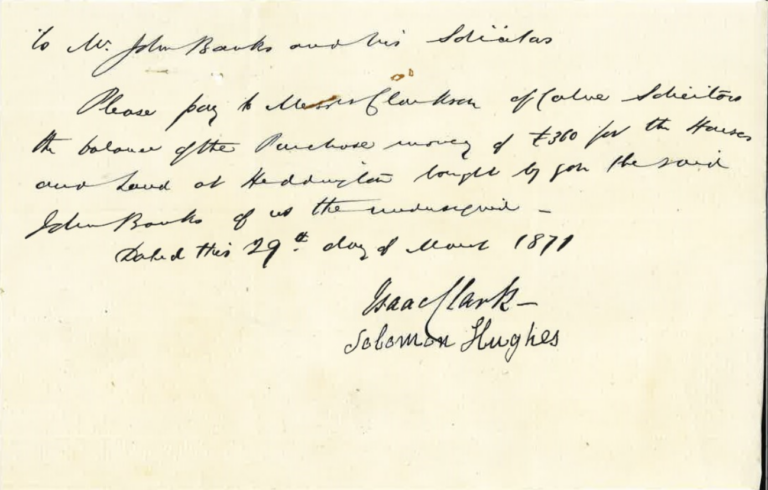
The executors of James Gye’s estate auctioned the property, including adjoining cottage and land. John Banks was the highest bidder at £360. John Banks was proprietor until his death in 1910.
The cottages were known then as the Smithes and took the current footprint of 0.3 acres plus a small orchard in the vicinity of Lower Farm.
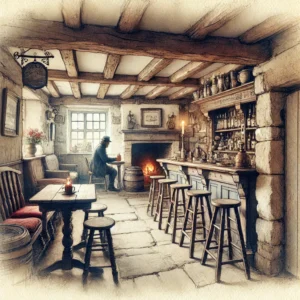
Thomas Hughes is recorded in the 1871 Census as residing in the Beer House Heddington as Beer Retailer, with his wife Mary Jane and their four daughters and sons. Thomas and Mary Jane had none sons and daughters in total.
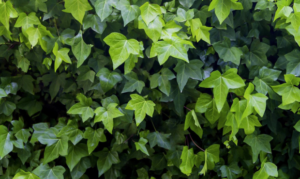
The Ivy House Inn now run by Henry Hunt who is also carpenter, joiner and wheelwright. This is the first record of the building being called the Ivy House Inn. All previous records refer to it as "beer house" or Smithe’s.

1899 Wiltshire Kellys Directory lists the Ivy House Inn as providing good accommodation for cyclists, tourists and visitors.
1907 Caleb Manners listed as running the Ivy House Inn.
1908 – 1931 James Hunt ran the Ivy Inn House until his retirement in 1931.
1911 The Ivy was purchased by Wadworth in March from the executors of J. Banks for £400.
1911 BIG POTATO—Wiltshire Telegraph October 21. A potato weighing 3lbs. 9oz. was dug by Mr James Hunt of The Ivy House Inn in his field at Sandy Lane.
1916 James Hunt, licensee of the Ivy Inn was found guilty for selling liquor in prohibited hours; Frank Povey for taking some off the premises and Rosa Hunt for supplying the drink. Each defendant was fined £1.
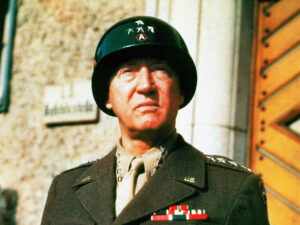
1931 In the Auction notices of The Wiltshire Times: "Ivy Inn, Heddington - a number of agricultural requisites, Bay Pony and Harness, 30 Head Poultry and stock-in-trade of Carpenter and Wheelwright, Surplus Furniture. Thompson & Noad (Auctioneers) received instructions from Mr James Hunt (who is retiring from business) to arrange and sell by auction on the premise on Saturday 2nd May 1931."
1933 – 1935 Landlord is Walter Hughes.
1935 Landlord/licensee is Walter James Carpenter Walker.
1939 Residents of the Ivy Inn are listed as Walter Walker (b 25 March 1896), Horseman on Farm. A.R. (Air Raid) Warden, Heddington, his wife Mabel, daughter Ivy and son John.
1944 Many US servicemen were based in the area in the run up to D-Day and after the invasion. There is testimony to General Patton staying nearby and that he was a patron of The Ivy Inn. The Heddington History Group are gathering further evidence of this!
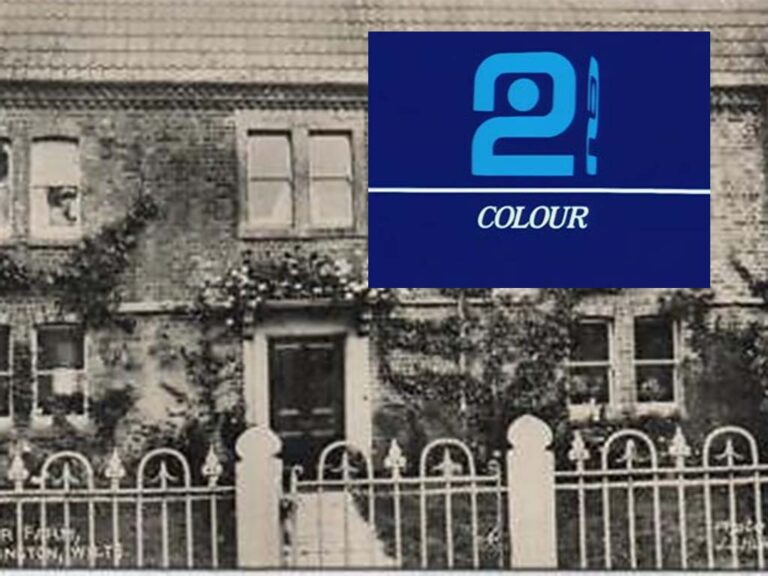
1945 – c.1969 Landlords: Mabel and Ed (Edward) Butler. Mabel (nee Walker) married Ed in 1947.
c.1969 – 1982 Landlord: Bill Pitt.
1976 Heddington is chosen by the BBC in Bristol to be the featured location for a new series “The Diary of a Village”. The programme portrayed the village through the seasons, and through more profound changes. Many of the people it featured, and their descendants, still live in the village.
1982 – 1986 Landlords: Sid and Bunty Alexander.
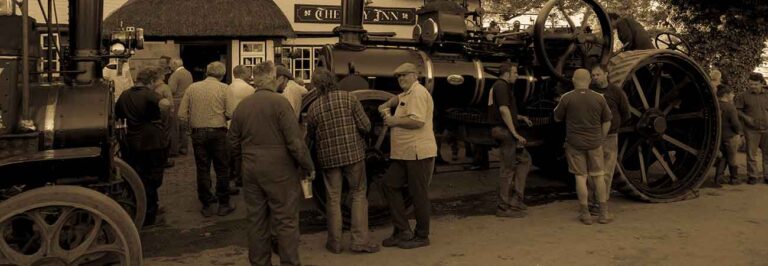
Heddington opened its fields for the first Steam Rally in 1976. The tradition kept going annually until 2020 when the pandemic halted operations, but the organisers are working to bring it back as soon as possible!
You can read the Gazette & Herald article from 2018 Steam Rally here.
Note this photo was taken in 2018, but if anyone has photos from previous years we are very keen to receive them! Please feel free to contact us using this form.
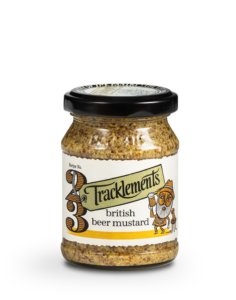
William Tullberg, founder of Tracklements, an award-winning Wiltshire company making artisan condiments, is inspired by his daily visits to The Ivy after work to create one of their famous wholegrain mustard products, British Beer Mustard. The Mustard uses Wadworth's classic 6X original ale and much tasting was done with Major Bartholomew (The Major) who took over the helm of Wadworth's from the 50's, to hone the recipe. Perfect with a Wiltshire sausage!
William's son and current managing director of Tracklements, Guy Tullberg, is a Friend of The Ivy and proud sponsor of our campaign. You can read about Guy's love of The Ivy in our feature article.
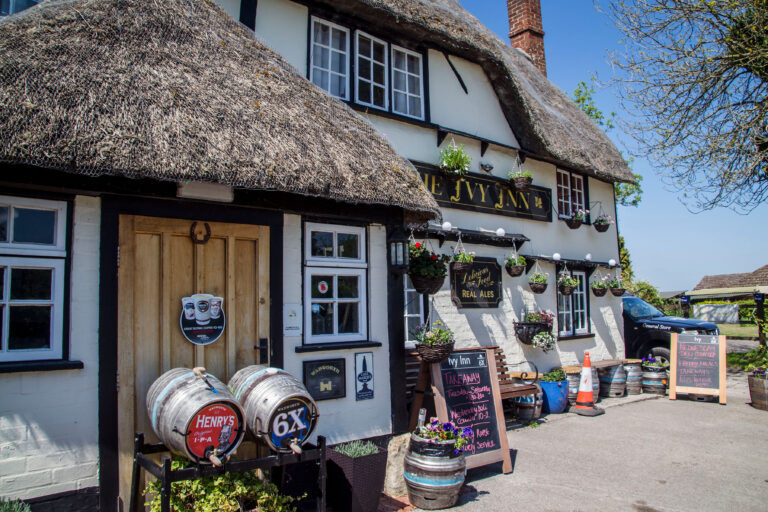
1986 – 1995 Landlords: Bert (Herbert) Arnold and his wife.
1995 – 2011 Landlords: Andrew and Kate Burner. The commercial kitchen single storey extension was built at the start of their tenancy.
2011 – 2012 Landlord: Graham Pettit.
2012 Landlord: Tallie Moon.
2012 – 2013 Landlords: Dave Evans and his wife Maggie.
2013 – 2014 Landlord: Peter Stidard.
2014 – 2016 Landlord: Mel (Melanie) Allen.
2016 – 2018 Landlords: David Mitchell and his partner Dan.
2018 Landlords: Paul and Sally Adams.
2018 – 2024 Landlord: Freddy Prettyjohns.
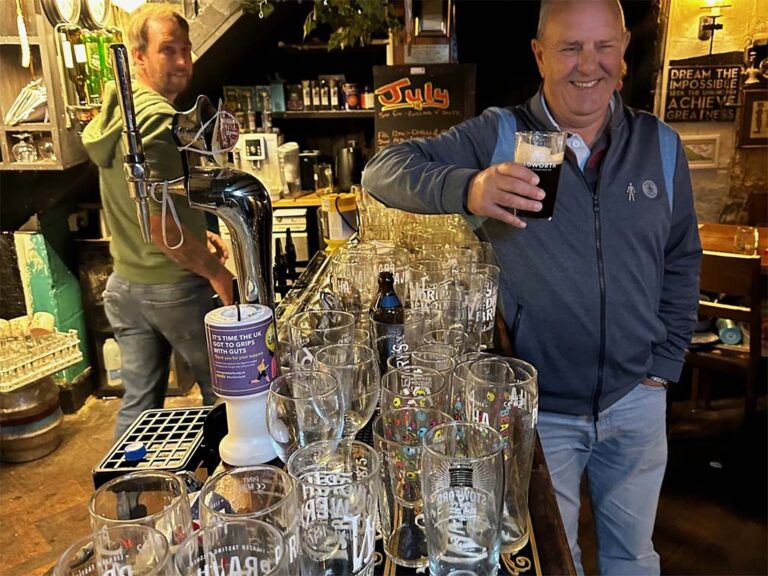
The Ivy Inn closed its doors on 21 August 2024 after being put up for sale by Wadworth.
Wadworth originally purchased the pub in 1911, marking their 113th year of business.
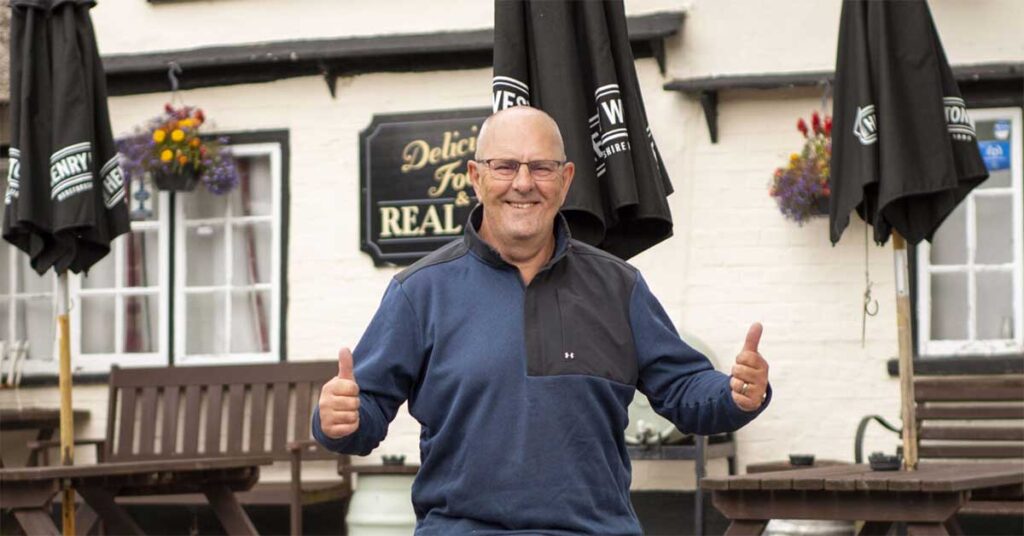
The story doesn't end here! With your support, we can revitalise The Ivy and keep its centuries of history going. Our campaign has significant interest and is gaining momentum every day!
Stay updated! Sign up to our mailing list.
If you may be interested in becoming a shareholder, then request a share prospectus.
